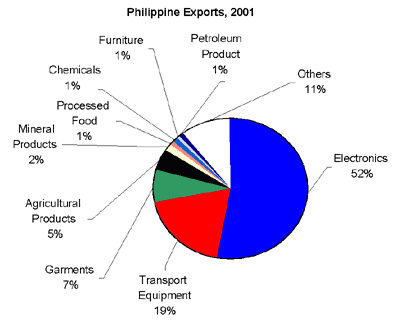
In a time where the American economy is still in a state of uncertainty, with a 7.9 percent unemployment rate, the outsourcing of customer service jobs to places like the Philippines is still common place and growing. As one of the largest English speaking countries in Asia, the Philippines have now surpassed India for corporate outsourcing. Most companies choosing to outsource in the Philippines are from the United States, Canada, and the United Kingdom. The Philippines provides them with quality customer service employees, who are ready and willing to work for less.

In an interview with two different employees working in Cebu City, one from Chase Bank and one from Ally Insurance, we were able to gain some insight into the life of a call center employee in the Philippines. Chris from Ally shared that employees must undergo extensive training in the English language. “We had to go back and start at elementary English to ensure quality. If you don’t receive a passing grade, they drop you from the training program.” Flore who has been working at Chase Bank for the last year shared that the company still conducts voice and accent training saying, “The southern accent was the hardest to adjust to.”
Outsourcing Explosion Explained
All employees are trained to utilize active listening and positive scripting, choosing their words wisely. According to Chris and Flore, the majority of calls received are people checking their balances, complaining about withdrawal fees, or asking why their debit card is being declined. Call center employees are often questioned about their nationality, and sometimes customers will ask to be transferred to an American; claiming they cannot understand the accented English. Both Chris and Flore shared that they can understand why some Americans resent them but they are hopeful that outsourcing brings more jobs to the Philippines. Flore clarified his position, “We are focused on U.S. politics because it affects our jobs. If ever outsourcing companies were to be pulled out, there would be a lot of suffering.”
Both employees studied nursing but immediately applied for work at a call center after graduation. They shared that before becoming a nurse, you are required to work an unpaid internship, and many simply cannot afford to do that. When questioned about the option of student loans the two replied simultaneously, “We don’t have student loans here.” Flore explained about his decision to work for a call center, “If I had pursued nursing, I would still be dependent on my parents. With my income from the call center I am contributing to my family and even helping my siblings.” Beginning salary depends on the employer; however starting salaries are generally 13,000 pesos a month, equivalent to $318.00 USD.
Despite the boom in call centers, there hasn’t been a significant reduction in poverty in the country for the last decade, with 26% of the population still living below the poverty line (The World Bank). For those who can handle the difficult hours and high pressure atmosphere of working at a call center, the opportunity is rare, and the rewards are well worth the sacrifice. Although many Americans may feel resentment toward call center employees, it’s clear they are trying to make a living and support their families; just like anyone else. With globalization on the rise, and American companies looking to cut costs, we can only expect to see more outsourcing jobs like these in the future.
The names in this article were changed to protect anonymity.
John Stephenson says
This is due to of the success of outsourcing firms in the nation.The rapid development of outsourcing to India has become really wonderful.
Adrian Tawfik says
I agree with the article and John Stephenson’s comment, thanks for participating!